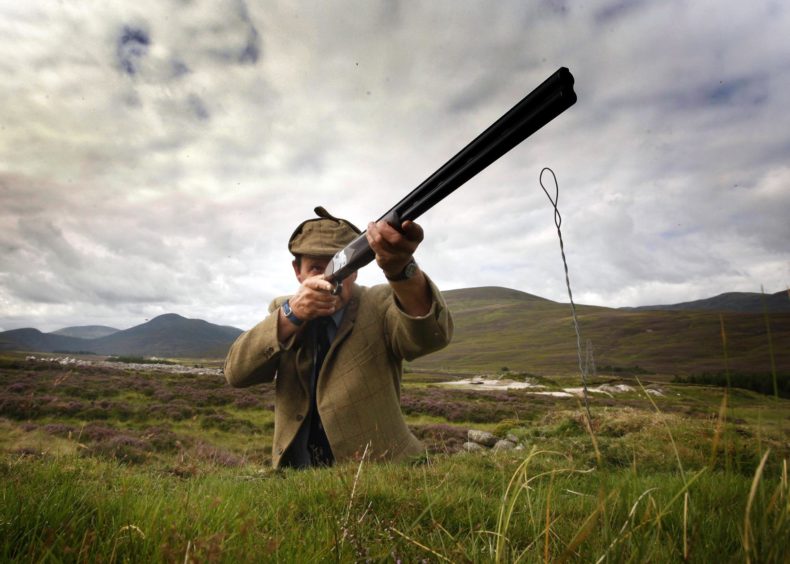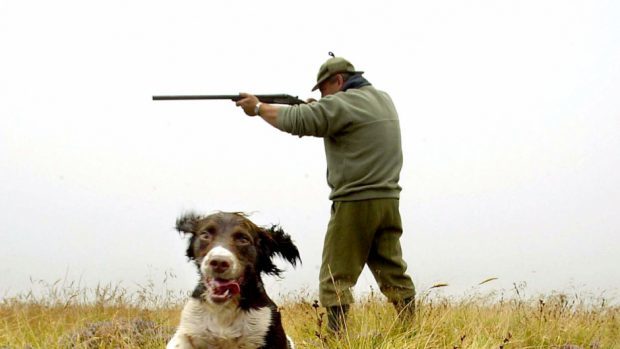Scottish Grouse estates generated almost £9million worth of business for local companies during and after lockdown.
A survey carried out by Scotland’s Regional Moorland Groups said work carried out by estates had helped buffer remote communities from dire Covid impacts.
The new end of season economic survey of 23 respondent estates, covering March to the end of November, showed that despite each estate reporting average lost shoot and accommodation income of £73,000 due to the pandemic, only one junior gamekeeper was placed on the Government furlough scheme.
In total, 1,321 beneficiary businesses gained work from respondent grouse estates, from builders and fencers to fuel merchants – an average of 57 companies per holding.
The total amount spent by the estates was £8.98 million, an average of over £390,000 each.
The figures back up findings of a Scottish Government commissioned report into grouse shooting socioeconomics by Scotland’s Rural College and James Hutton Institute.

That report, published last month, demonstrated that driven grouse shooting had disproportionate financial benefits in participating communities and supported more jobs per hectare than comparable land uses.
Lianne MacLennan, co-ordinator of Scotland’s Regional Moorland Groups, said: “The survey was an opportunity, following a very different grouse season, to get some indication of the financial effects Covid-19 has had.
“The total losses, from cancelled shoot days, visitor accommodation and things like game sales amounted to £1.67 million across the 23 respondents. That is not an insignificant dent.
“The key message, though, is that grouse estates continued to spend in their communities.
“They were still using local businesses and they retained their full land management staff, despite knowing they would lose income due to travel and accommodation restrictions.
“That is in contrast to employers in the conservation sector, which relied heavily on the tax payer to keep employees in jobs.
“If the level of private investment in grouse estates is lost in these dispersed rural economies, small family businesses will struggle badly, jobs will be trimmed and the threads of these small communities will weaken further.
“The Scottish Government announcement of a grouse moor licensing scheme has dented confidence significantly, at the time of a pandemic. People in the sector are in limbo.
“For the sake of community and estate jobs and post- Covidrecovery, hopefully the licensing system will not end up a noose the sector can’t work with and that grouse businesses don’t become perpetual targets for shooting opponents. 2020 has been hard enough for everyone.”
The main beneficiaries of work from grouse estates in the survey were garages, feed companies, tool hire, trades and fencing firms but vets, agricultural suppliers, professional services and IT companies were all well represented.
The survey follows on from a visitor poll the groups conducted at the beginning of the grouse season which showed that grouse shooting visitors spent an average of £3,500 each.
Grouse shooting was among 20 organised outdoors sports which Scottish Government cleared to take place in the autumn, following the publication of agreed guidance.
However, some shoots cancelled their programme early and foreign and other travel restrictions led to lost bookings whilst accommodation and catering came under separate curbs to prevent spread of the virus.
